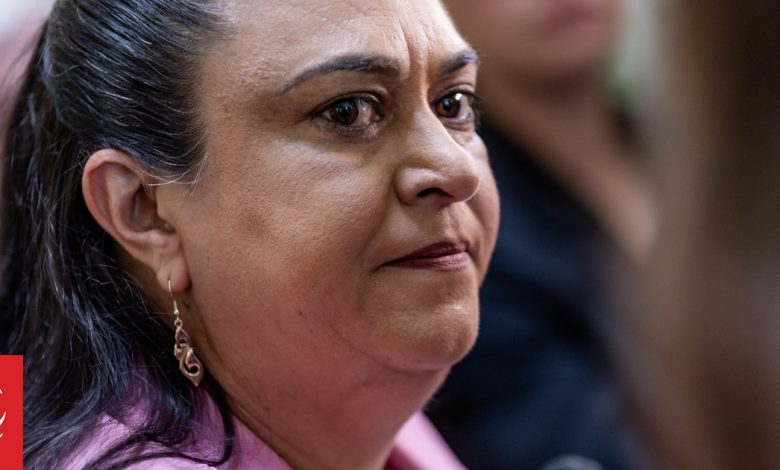Court of Appeal overturns decision that blocked Children’s Minister from Waitangi Tribunal summons

The Court of Appeal has overturned a High Court decision which blocked a summons order from the Waitangi Tribunal for Children’s Minister Karen Chhour.
The court released its decision on Monday.
At the same time, a bill proposing the repeal of section 7AA from the Oranga Tamariki Act has been introduced to Parliament, meaning the Tribunal no longer has jurisdiction over the case.
In its ruling, the court acknowledged the importance of the Waitangi Tribunal’s role in inquiry into legislation that is inconsistent with the principles of the Treaty of Waitangi and that the minister had relevant evidence to give to the Tribunal.
It disagreed with the High Court’s ruling that the principle of comity, or legal reciprocity, applied to the Tribunal.
Given the Tribunal had already released a report and the minister answered their questions in writing, it was unlikely she would need to give evidence to the Tribunal.
In its final report released last week, the tribunal said there were clear breaches of the guarantee to Māori self determination and the Treaty principles of partnership and active protection.
It said prejudice would arise from the rushed and arbitrary repeal of the section of the Act.
‘Hollow victory’ – claimants respond to Bill repeal
But a lawyer for one of the Waitangi Tribunal claimants said the Court of Appeals judgment was a hollow victory.
Ngāti Pikiao lawyer Annette Sykes said the iwi were very concerned over the introduction of the repeal bill to Parliament, something they saw as an act of bad faith on the Crown’s part.
“Once we got the judgement we were then advised by the solicitor general that the minister is not coming to the Waitangi Tribunal because the executive this morning moved to introduce a bill to Parliament to directly overcome that judgment.
“They said section 7AA is going to be removed and of course once something goes into Parliament, the Waitangi Tribunal is without jurisdiction.”
In spite of that, the Court of Appeal had reaffirmed the Waitangi Tribunals constitutional role and that it had the power to summons a minister were appropriate, Sykes said.
It would only take a little bit more for Māori to be back on the streets, like they were during the Foreshore and Seabed hīkoi, she said.
“Ngāti Pikiao and I think many other hapū in this nation are poised to confront this with all the might they can for the… way that the bad faith decisions of the Crown are impacting on things that are the most precious.”
Dr Luke Fitzmaurice-Brown – a law lecturer based in Wellington – said the Tribunal’s final report was clear on how the section’s removal would affect Māori.
“Doing that would, in their view, be a breach of Te Tiriti o Waitangi, the guarantee of tino rangatiratanga and the principles of active protection and partnership. So, really interesting in terms of the court decision, disappointing in terms of the subsequent follow up from the government. But we still have that Waitangi Tribunal report there to help us understand that from a Treaty perspective.”
Fitzmaurice-Brown said he would be hesitant to criticise the High Court’s initial ruling.
“This is all happening very fast. I was slightly surprised by the High Court judgement, I thought it was going to go the other way given its constitutional importance. But, as the Court of Appeal noted, they were careful not to make it a personal criticism of that particular judge given how quickly this is all moving and the complexity of some of that.”
According to the news on Radio New Zealand




